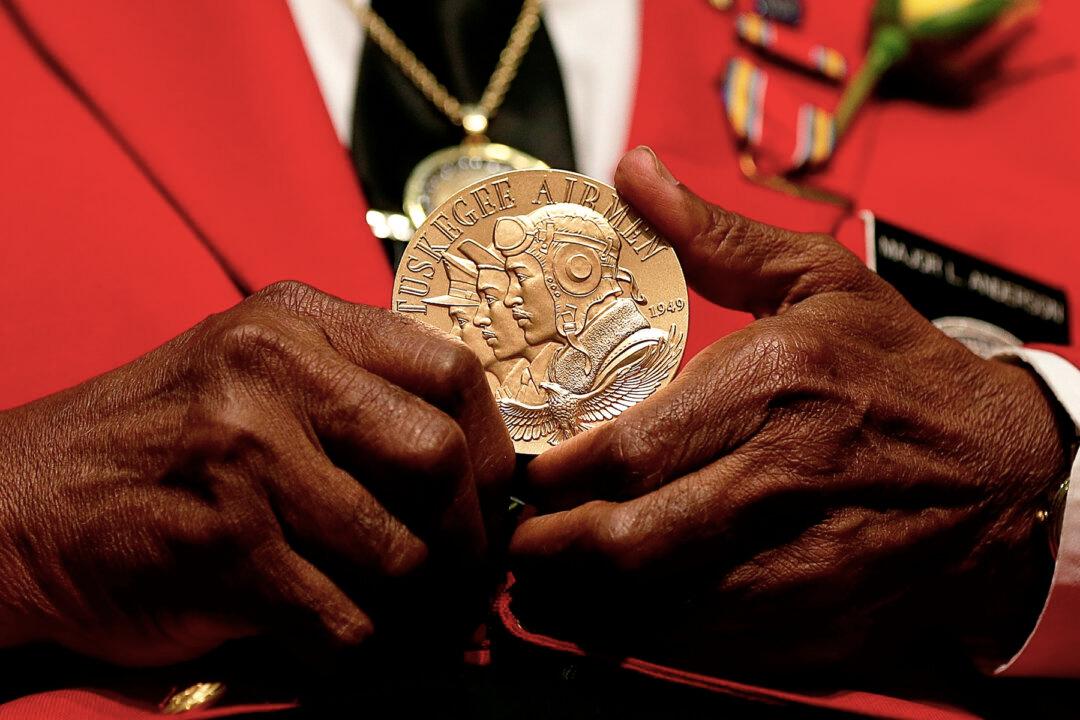Flight Chief Leslie Edwards Jr., one of the first African-American military airmen known collectively as the Tuskegee Airmen, has passed away at the age of 95.
Edwards was a humble military history enthusiast who endured years of racial discrimination in order to serve his country. However, he also participated in a historic movement that heralded the end of segregation in the ranks.





